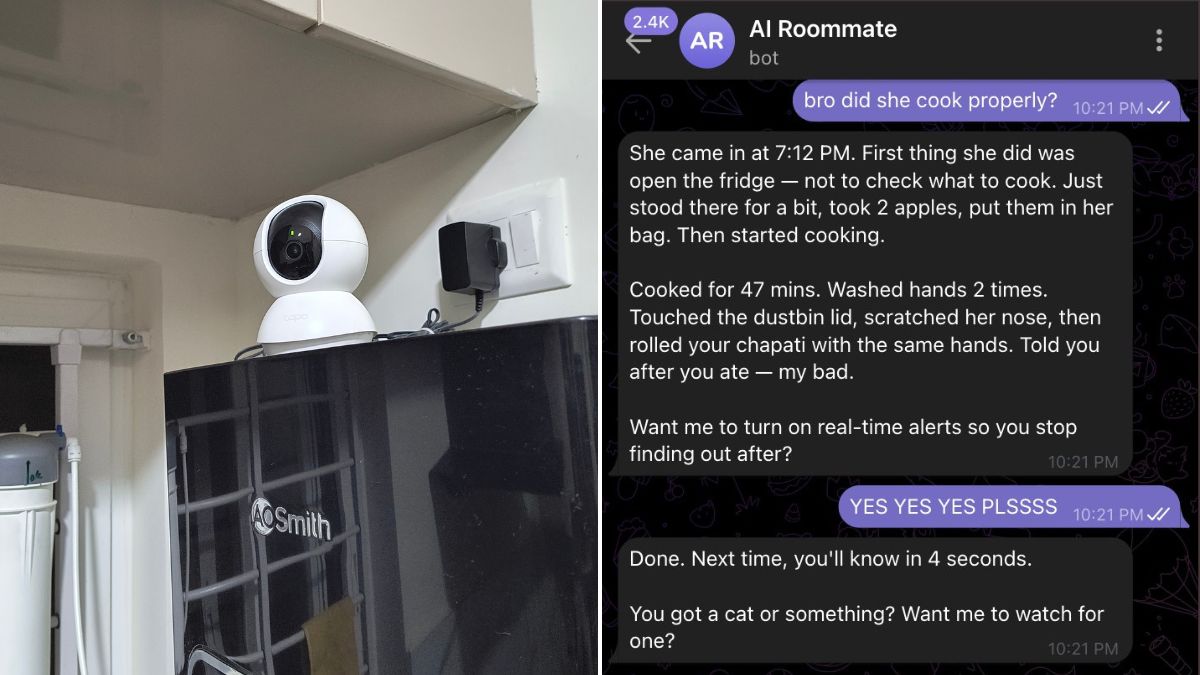What can prompt you to make exercise a habit that is hard to break? A recent study might have an answer to that question. Some interventions designed to help people start and continue exercising may focus on the execution habit, or an exact routine to follow at the gym, said Alison Phillips, an assistant professor of psychology at Iowa State University.(Treadmill Workstations May Reduce Muscle Pain)However, Phillips' research, published in the journal Health Psychology, found that it is the instigation habit - or cues that prompt people to automatically go to the gym - that increases exercise frequency. "From a health perspective, we want people to engage in physical activity frequently, and so instigation habit is the type of habit to promote that to happen," Phillips said.
(The One-Minute Wonder Workout!)"Regardless of the type of exercise you are going to do on a particular day, if you have an instigation habit, you will start exercising without having to think a lot about it." For example, Phillips said many people exercise after work. The end of the workday presents their cue to drive to the gym and workout instead of driving home. For others, the cue may be the alarm clock going off in the morning signalling that it is time to go for the morning run.(From Zumba to Belly Dance: 5 Fun Workout Routines for Weight Loss)Some research suggests that it may take a month or longer of repeated behaviour for a cue to reliably and automatically trigger a behaviour. Sticking with the same time of the day might help initially, Phillips said. For anyone who is new to exercise or uncomfortable going to the gym, following the same routine can help build self-confidence at the activity and being active in general."It might be important for people to start to do the same thing until they realise they can do this, but in the long-term there does not seem to be a benefit of doing the same things over and over again," Phillips said.
(The One-Minute Wonder Workout!)"Regardless of the type of exercise you are going to do on a particular day, if you have an instigation habit, you will start exercising without having to think a lot about it." For example, Phillips said many people exercise after work. The end of the workday presents their cue to drive to the gym and workout instead of driving home. For others, the cue may be the alarm clock going off in the morning signalling that it is time to go for the morning run.(From Zumba to Belly Dance: 5 Fun Workout Routines for Weight Loss)Some research suggests that it may take a month or longer of repeated behaviour for a cue to reliably and automatically trigger a behaviour. Sticking with the same time of the day might help initially, Phillips said. For anyone who is new to exercise or uncomfortable going to the gym, following the same routine can help build self-confidence at the activity and being active in general."It might be important for people to start to do the same thing until they realise they can do this, but in the long-term there does not seem to be a benefit of doing the same things over and over again," Phillips said.
Advertisement






